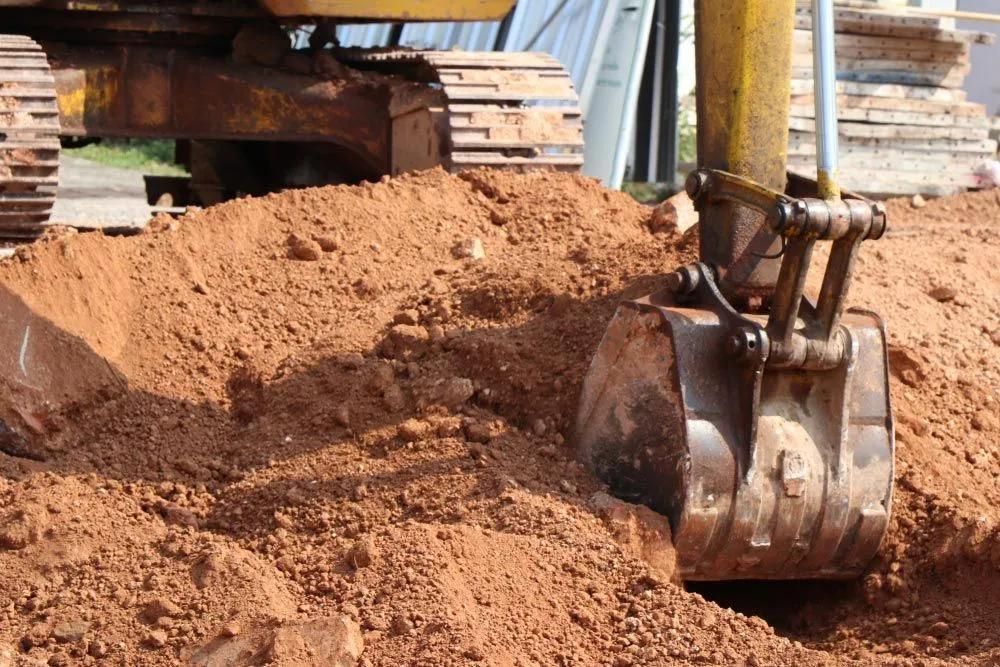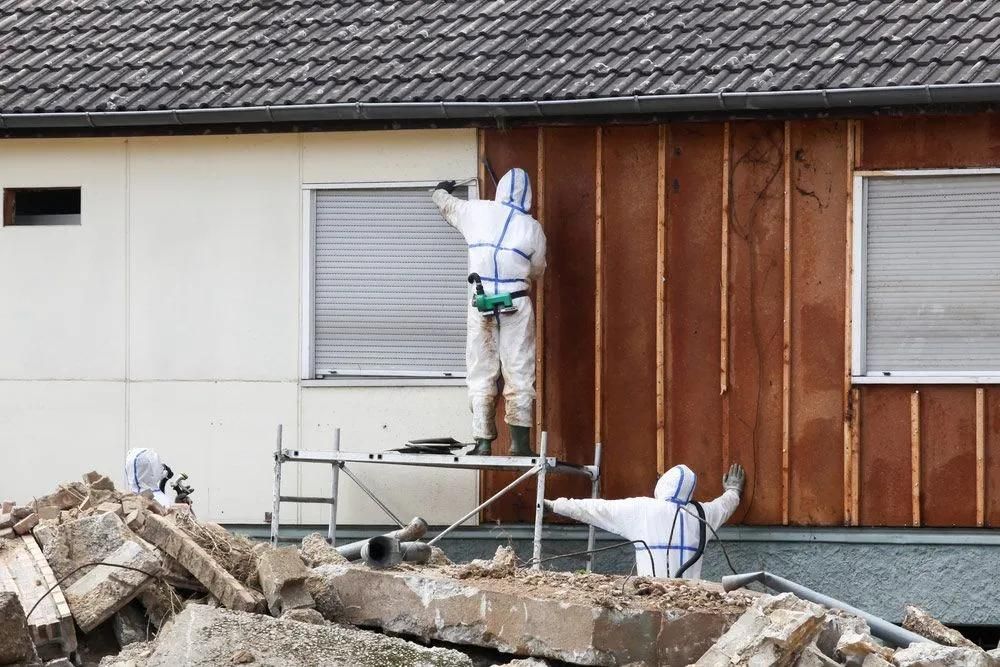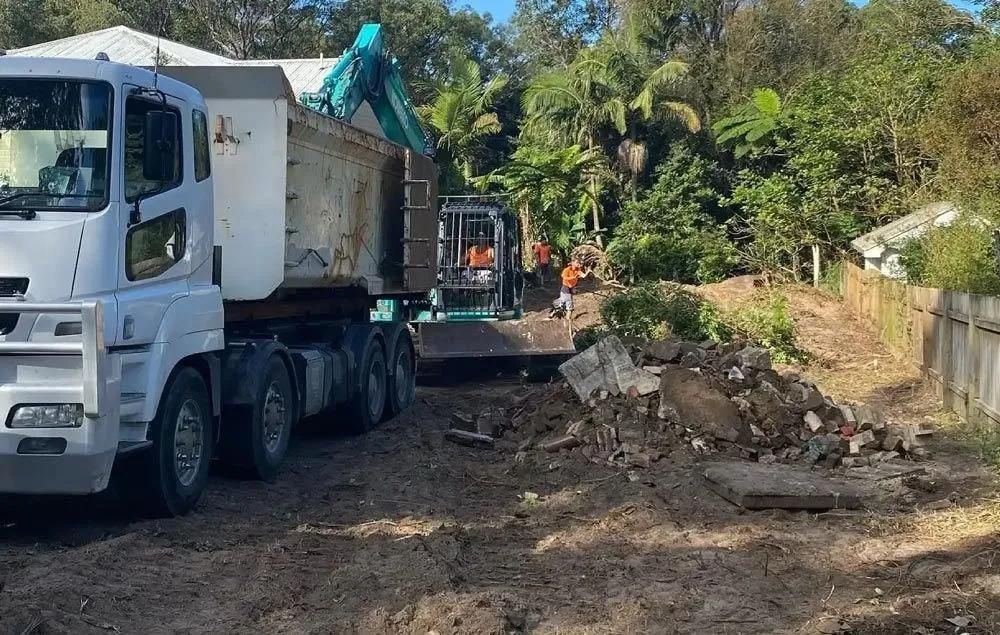Types Of Excavation In Construction
February 22, 2024
Excavation
plays an important role in the construction industry, laying the groundwork for the development of new infrastructures and the enhancement of existing ones. It's a process that goes beyond merely moving earth; it involves precision, understanding the land and ensuring that each scoop of soil or rock contributes towards the foundation of something greater. In this blog post, we delve into the various types of excavation in construction, focusing on the techniques and purposes that define the scope of this essential activity.
Types of Excavation by Material in Construction Projects
Excavation is not a one-size-fits-all operation. The material being excavated plays a crucial role in determining the approach and equipment used. Here are some of the common types of excavation by material:
- Topsoil Excavation : Involves removing the nutrient-rich top layer of soil, which is crucial for landscaping and agriculture to ensure soil fertility.
- Rock Excavation : Requires specialised heavy machinery to break and remove rock, which is necessary for projects needing a solid foundation or for tunnelling.
- Muck Excavation : Deals with water-logged soil, requiring steps like dewatering to stabilise the material for safe removal.
Purpose-Specific Excavation Methods in Construction
The intended purpose of a construction project significantly influences the choice of excavation method. Here are a few purpose-specific excavation methods:
- Foundation Excavation : This is critical for creating a stable base for buildings and structures. It involves digging to the required depth and width to ensure the foundation can support the intended load.
- Trench Excavation : Used for laying pipes, cables or for drainage systems, trench excavation requires precision to ensure the trenches are the correct size and properly aligned.
- Borrow Excavation : When material excavated from one site is used for fill at another location, it's known as borrow excavation. This method is often used when the construction site lacks suitable fill material.
Navigating Environmental and Regulatory Standards in Excavation Practices
Environmental considerations and regulatory standards play a significant role in shaping excavation practices. Here are some key considerations:
Environmental Protection
- Sediment Control : Implementing measures to prevent sediment from excavation sites from entering water bodies is crucial for protecting aquatic ecosystems.
- Handling of Excavated Materials : Proper disposal or recycling of excavated materials minimises environmental impact and complies with regulations.
Regulatory Compliance
- Safety Standards : Adhering to safety standards protects workers and the public from excavation-related hazards.
- Permit Requirements : Ensuring that all necessary permits are obtained before beginning excavation work is essential for legal compliance.
Transform Your Construction Vision into Reality
At Complete Demolition, we understand the intricacies of excavation work. Our team of experienced excavators, equipped with a modern fleet of machinery, is ready to tackle projects of any size with precision and professionalism. Whether it's preparing a site for construction, laying the groundwork for utilities or ensuring environmental compliance, we're here to deliver top-quality results. Contact us for your excavation needs on the Central Coast today!








